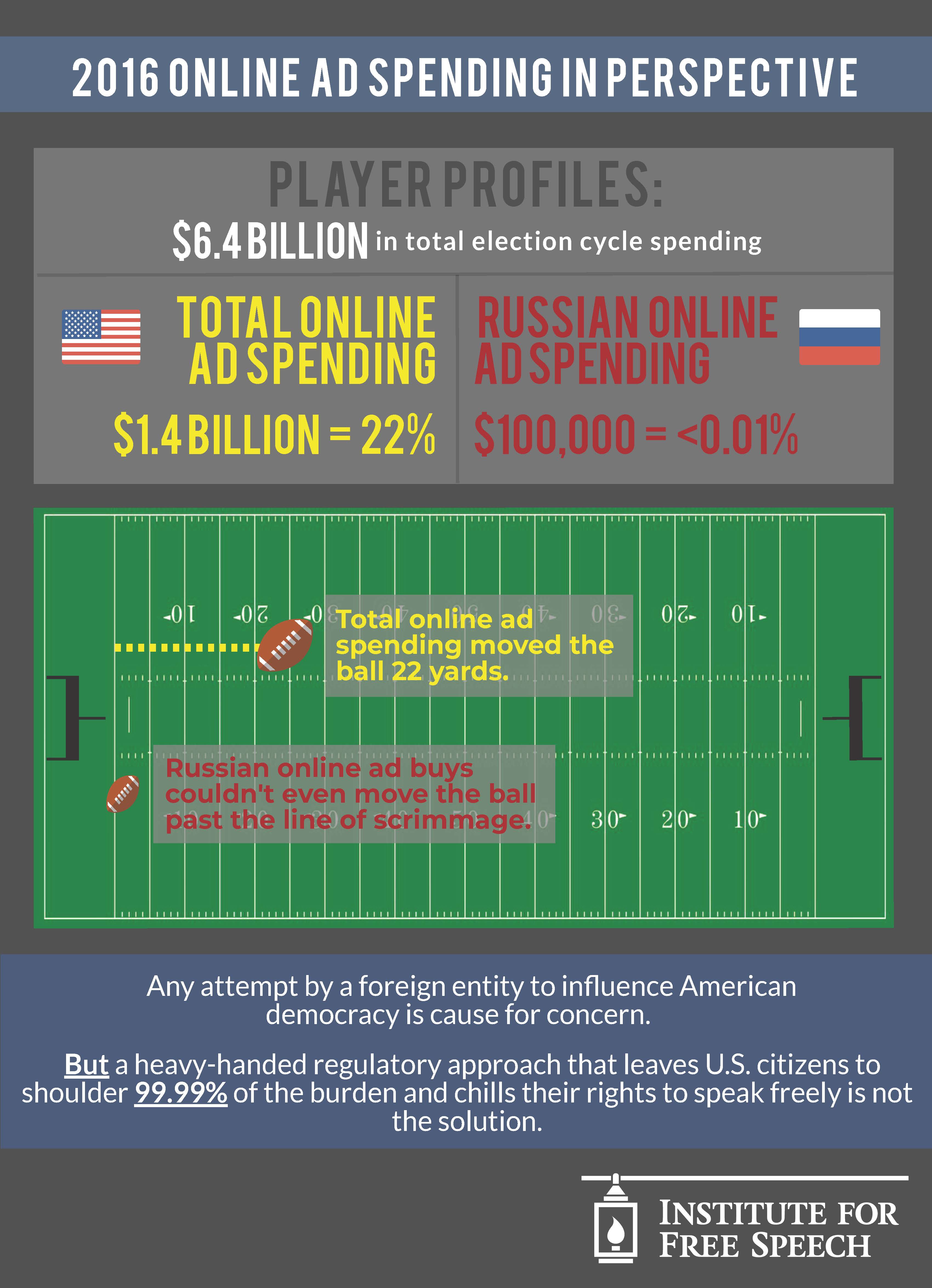The Federal Election Commission and its commissioners have made quite a few headlines recently, the latest stemming from FEC Vice Chairwoman Ann Ravel’s statement suggesting that the agency look at broadening its authority to regulate election-related Internet videos.
Ravel’s statement stems from a split vote over internet-only pro-coal videos released by a group that was critical of Democrats in the 2012 campaign season. The group did not put disclaimers in the video or report the cost to the FEC, saying they were exempt because the videos were only played on YouTube and were not broadcast. According to The Washington Times (“FEC Democrat pushes for controls on Internet political speech,” Stephen Dinan):
The case disclosed Friday involved a group Checks and Balances for Economic Growth, which produced two advertisements it ran online in 2012 accusing President Obama of lying about a Mitt Romney campaign event, and Ohio Sen. Sherrod Brown of lying about the “war on coal.”
Initially, news reports had said the group was paying hundreds of thousands of dollars to broadcast the ads on television, but the group says they were only shown on the Internet.
FEC lawyers said the ads don’t expressly push for the election or defeat of a candidate, and said the commission’s own rules say the costs of posting videos to the Internet doesn’t trigger disclosure requirements. Meanwhile, an FEC precedent from 2008 says the costs of producing an Internet-only video also don’t trigger disclosure.
Ravel’s statement said that “As a matter of policy,” not applying rules that cover TV advertising to internet videos “simply does not make sense.”
FEC Chairman Lee Goodman appeared on “Fox and Friends” to denounce the idea of broadening the agency’s authority over the internet:
Paul Bedard of The Washington Examiner writes (“Dems on FEC move to regulate Internet campaigns, blogs, Drudge”):
Ravel plans to hold meetings next year to discuss regulating the internet. She charged that groups placing paid TV ads use the FEC exemption to disseminate similar messages on the internet, regulation free. But Goodman says that Ravel misconceives the exemption. If the same message that is run on TV also is posted online, it is regulated, he said. The Internet exemption applies only to videos posted for free, solely on the Internet.
Blasting the exemption, she said, “Since its inception this effort to protect individual bloggers and online commentators has been stretched to cover slickly-produced ads aired solely on the Internet but paid for by the same organizations and the same large contributors as the actual ads aired on TV,” Ravel argued.
This isn’t the only issue noted by the press.
The Watertown Daily Times decided to cancel a documentary film screening and public forum after an FEC advisory suggested that the event could count as a financial contribution to a political campaign. The Editorial Board writes (“Talk is not cheap: FEC must do better job at protecting free press, political speech”):
The FEC advisory implied that should a complaint be filed over the public forum held by the Times, a ruling may well go against this newspaper because the event would feature the work — and, hence, ideas — of one particular candidate. It could, therefore, be considered a direct contribution to Mr. Woolf’s campaign.
This interpretation is utter nonsense. A direct contribution allows those resources to be used by a campaign in a way that puts the candidate in the best possible light. In contrast, Mr. Woolf’s campaign would in no way control the tenor of the public forum we would have organized.
FEC Chairman Lee Goodman writes in the op-ed page of The Watertown Daily Times (“FEC thwarts news event”):
A free press is essential for a healthy democracy. Our nation’s founders recognized this principle in the First Amendment’s free press clause, and Congress expressly exempted the press from all FEC regulation under a statutory provision commonly referred to as the “press exemption.”
Unfortunately, some of my fellow FEC commissioners have read the statutory press exemption very narrowly, especially in recent years. This explains why the FEC staff person with whom you spoke expressed cautionary advice.
Finally, National Review Online’s Brendan Bordelon took issue with FEC Vice Chairwoman Ann Ravel’s “nationwide ‘listening tour’” in the article “When an FEC Commissioner Hits the Campaign Trail:”
Ravel’s top lawyer, Leonard Evans, tells National Review Online that the vice chairman was invited by the universities to speak while other commissioners were not. He said that each invitation was vetted and approved by the commission and that Ravel attended in her official capacity, with the commission paying only for the October 23 trip to Atlanta. And, he says, Ravel “worked with each host on dates so that the events could be scheduled during a three-week period of time.” He did not explain why it was so important to cram the engagements into that three-week period.
“Why the rush to do it now?” asks a Washington lawyer very familiar with FEC operations. “It’s either for pure self-promotion or the decision to play politics, or maybe a little bit of both.”













